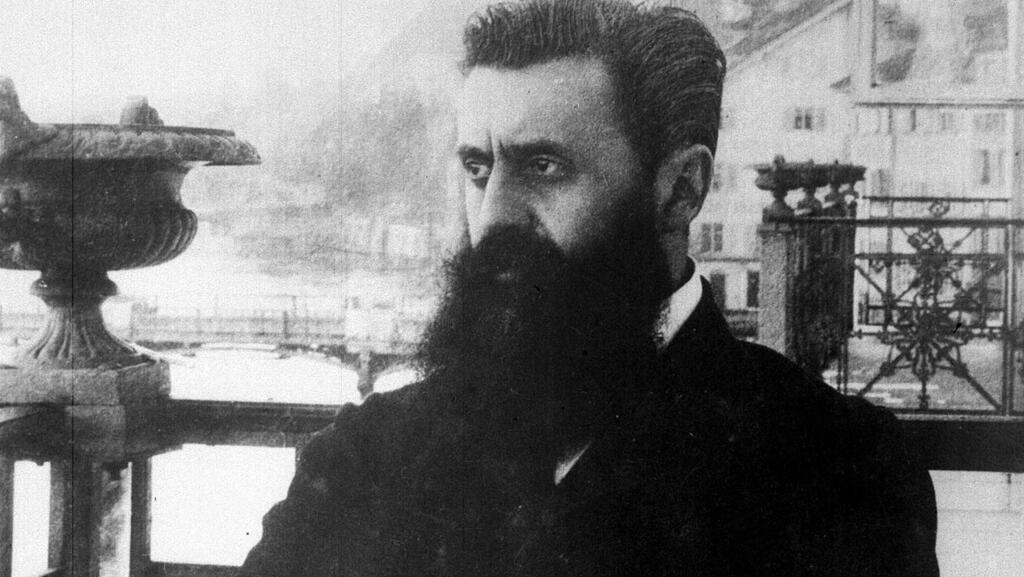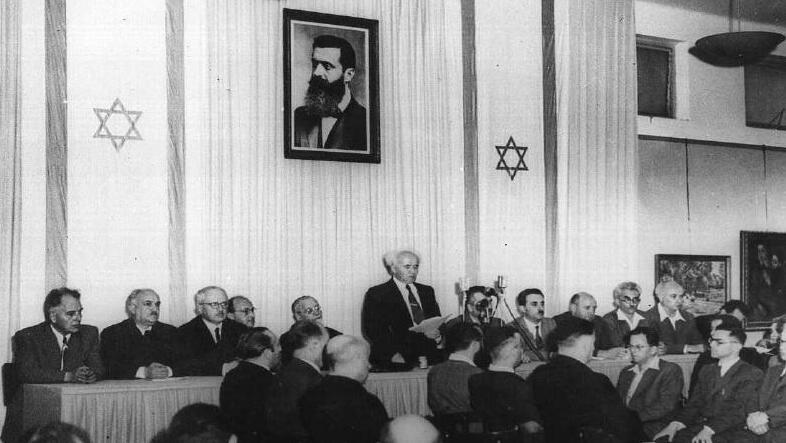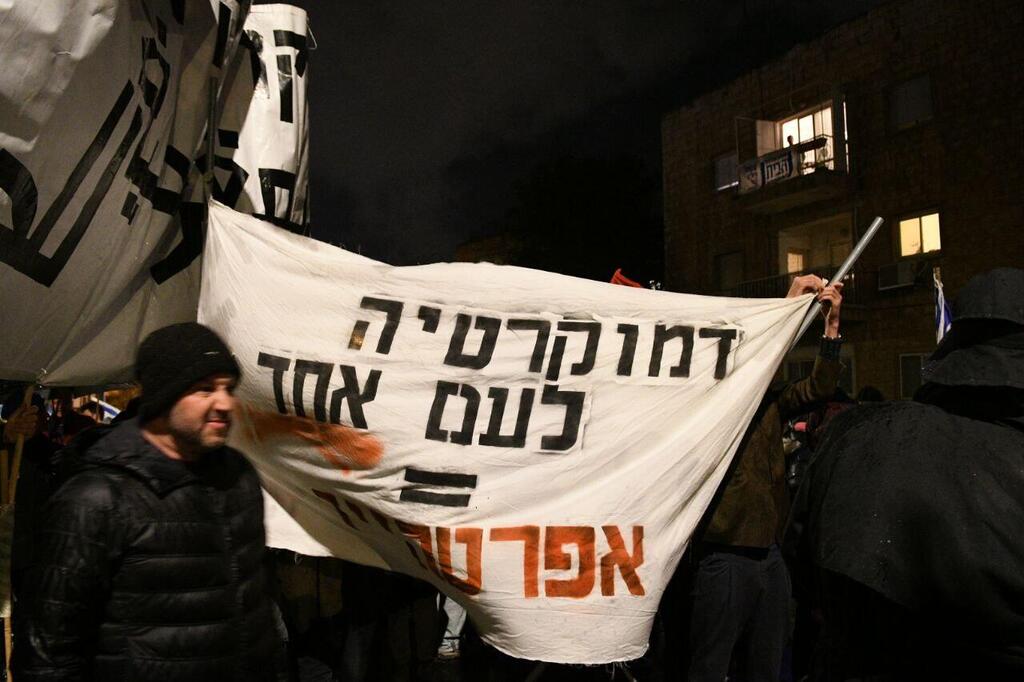Getting your Trinity Audio player ready...
My grandmother's name was Zelma Hirschfeld and she was a member of Theodor Herzl's extended family.
Two of Herzl's children Paulina and Hans died childless and his only grandson from his youngest daughter Trude committed suicide before he had any children of his own.
All of his living relatives come from a common ancestor. Legend has it that the early patriarch chose the name Herzl from the German word for heart, "Herz", and added the Yiddish diminutive suffix to mean "small heart", which is what he had. There is no way to verify the story, as is the case with many family legends.
My aunt Esther proudly holds the Herzl stemma and on occasion dispenses stories and news to the rest of us.
I grew up knowing we were distant relatives and although that pleased me, it was never top of mind, until now, because in recent days I cannot stop thinking about the father of modern, political Zionism and the fate of his extended family.
We marked the anniversary of my grandmother Zelma's death this month. She was a truly righteous woman, kind-hearted, optimistic, charming, and a grandmother. She passed away in 1996, just three weeks after my baby brother died. It was a very difficult month for us with one mourning period following the other.
When we sat shivah for Zelma, a distant relative who lived in the ultra-Orthodox neighborhood of Mea Shearim in Jerusalem paid a condolence visit. She too belonged to Herzl's extended family.
Everyone sat together in the small living room and as often happened, the conversation turned to him.
I am writing from my memory of what my mother had recounted from that day. I can still hear her voice full of distress, shock, and sorrow.
When Herzl was mentioned by name, the relative sat up, her eyes flaring, and spoke loudly, almost shouting: "That heretic! That assimilated Zionist!"
At first, silence filled the small room. One of my uncles then told her to watch her tongue, especially as she herself was a member of Herzl's family. She looked at him astounded. "Herzl? me?" she said, "what are you talking about? I am related to an assimilated heretic?"
Apparently, her father, out of his disdain for Herzl, hid the family connection from her, an easy task given that their last name had changed.
A fight then ensued in the small living room, in the midst of our seven days of mourning. The family tree was brought out and evidence was presented. Finally, the distraught relative stormed out and went on her way, perhaps to confront her father.
My mother remained quiet after the incident. "How can she hate one of her own relatives so?" she asked. "What awful hate," she said over and over again for a long time until the story was ultimately forgotten.
But I cannot stop thinking about it now. You see, it is the tale of Herzl's extended family, of relatives that were so full of hate that they denied their common origins, forgot that they were related and were once, long ago, brothers.
If that was the fate of the family of the father of modern Zionism, what will become of our country?
I can only find solace in Herzl's own words: "If you will it, it is no dream." Now it is up to us to muster that will.
In loving memory of Zelma Hirschfeld.
Sarah Blau is an Israeli author and playwright




